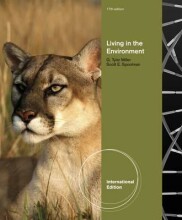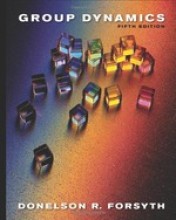Science, matter, energy, and systems
13 important questions on Science, matter, energy, and systems
Why are we living unsustainably?
We are wasting, depleting and degrading earth's natural capital at an accelerating rate.
Fill in the names of the following Elements:
As
Br
Ca
C
Cl
F
Au
Pb
Li
Hg
N
P
Na
S
U
Bromine (Broom)
Calcium (Calcium)
Carbon (Koolstof)
Chlorine (Chloor)
Fluorine (Fluor)
Gold (Goud)
Lead (Lood)
Lithium (Lithium)
Mercury (Kwik)
Nitrogen (Stikstof)
Phosporus (fosfor)
Sodium (Natrium)
Sulfur (zwavel)
Uranium (uranium)
p.38
What are organic compounds?
ANd methane. CH4
p. 41
- Higher grades + faster learning
- Never study anything twice
- 100% sure, 100% understanding
What is the law of conservation of matter?
p. 43
What are the two types of energy and what are their subtypes?
- electricity
- heat
- electromagnetic radiation (short wavelengths, higher energy (gamma rays); longer wavelengths, lower energy (microwaves))
Potential energy:
- everything that can be changed into kinetic energy: e.g. a molecule that after put into a reaction releases heat
The three big conclusions of this chapter are:
2. you cannot get something for nothing - the first law of thermodynamics ; we cannot get more energy out than we put in.
3. you cannot break even; using energy is losing worth (energy you use is lost)
What is the problem that we face in dealing with environmental degration?
The ecological tipping point
What kind of changes can matter undergo?
Physical, chemical and nuclear changes.
Why can't we destroy or create atoms?
Because of the law of conservation of matter: whenever matter undergoes a physical change, no atoms are created or detroyed.
How do we measure energy quality?
text-decorationHigh-quality energy has a great capacity to do useful work because it's concentrated.
text-decorationLow-quality energy has little capacity to do useful work because it is so dispersed.
What are the laws of energy changes?
text-decorationThe first law of thermodynamics is the law of conservation of energy: when energy is converted from one form to another in a physical or chemical change, no energy is detroyed or created.
text-decorationThe second law of therodynamics: whenever energy is converted from one form to another in a physical or chemical change, we end up with lower-quality or less useable energy.
What is a system?
A system is a set of components that function and interact in some regular way.
How can system effects by amplified?
Through synergetic interaction, or synergy. This occurs when two or more processes are combined so that the effect is greater than the sum of their seperate effects.
The question on the page originate from the summary of the following study material:
- A unique study and practice tool
- Never study anything twice again
- Get the grades you hope for
- 100% sure, 100% understanding
































